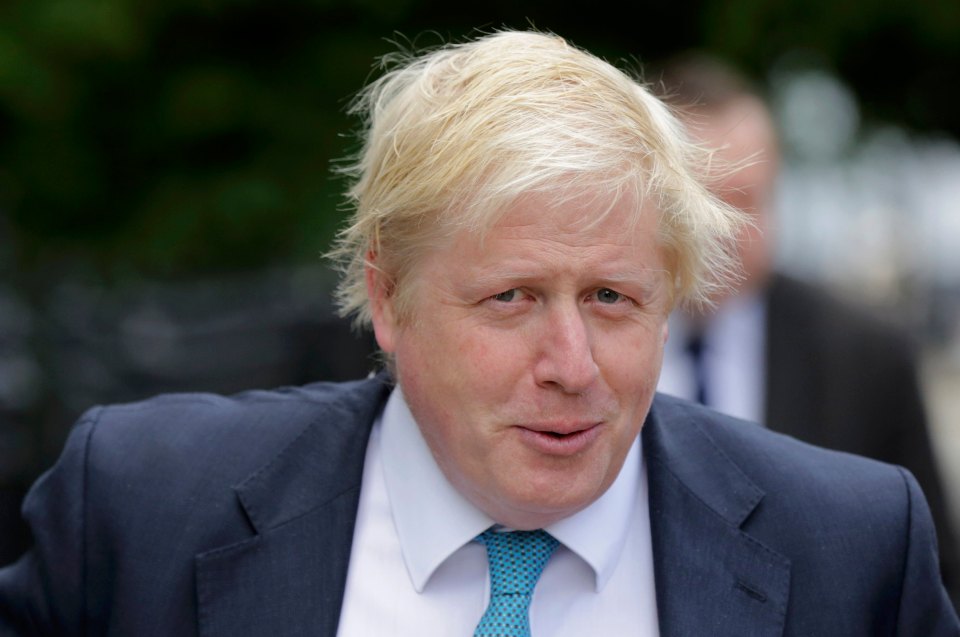London- The battle for the Conservative leadership started with two surprises on Thursday. The first was Michael Gove announcing he will run for Prime Minister, and the second surprise was Boris Johnson ruling himself out of the race.
Minister of Justice Michael Gove said: “I have come, reluctantly, to the conclusion that Boris cannot provide the leadership or build the team for the task ahead. I have, therefore, decided to put my name forward for the leadership.”
For his part, the former mayor of London of the future PM said: “Having consulted colleagues and in view of the circumstances in Parliament, I have concluded that person cannot be me.”
The chaos sent shock waves through the campaign as Home Secretary Theresa May announced her bid to succeed David Cameron too.
At midday Graham Brady, chairman of the 1922 Committee, announced that Theresa May, Michael Gove, Stephen Crabb, Liam Fox and Andrea Leadsom will fight it out to succeed David Cameron.
Notably, the Conservative Party announced that the winner will be chosen by September 9 after members of the party, who are 150,000 , vote to choose between two candidates.
The two front-runners are Minister of Interior Theresa May, who is considered a consensual candidate, and former Mayor of London Boris Johnson.
“As somebody who campaigned to leave the EU, I believe we have a bright future ahead of us- but we have to get it right.”
“This is a challenging time for our country. I want a PM who has been there, done it.”
A “YouGov” poll for “The Times” of 1,000 Conservative Party members put May ahead on 36 percent with Johnson on 27 percent.
May praised David Cameron for reforming the Conservatives and the country, but twice undermined promises made by George Osborne, the chancellor, on the economy.
She said there would be no “emergency budget” to deal with the consequences of Brexit and promised that a Conservative government under May would no longer seek to reach a budget surplus by the end of the parliament, to avoid tax increases that might disrupt investment.
